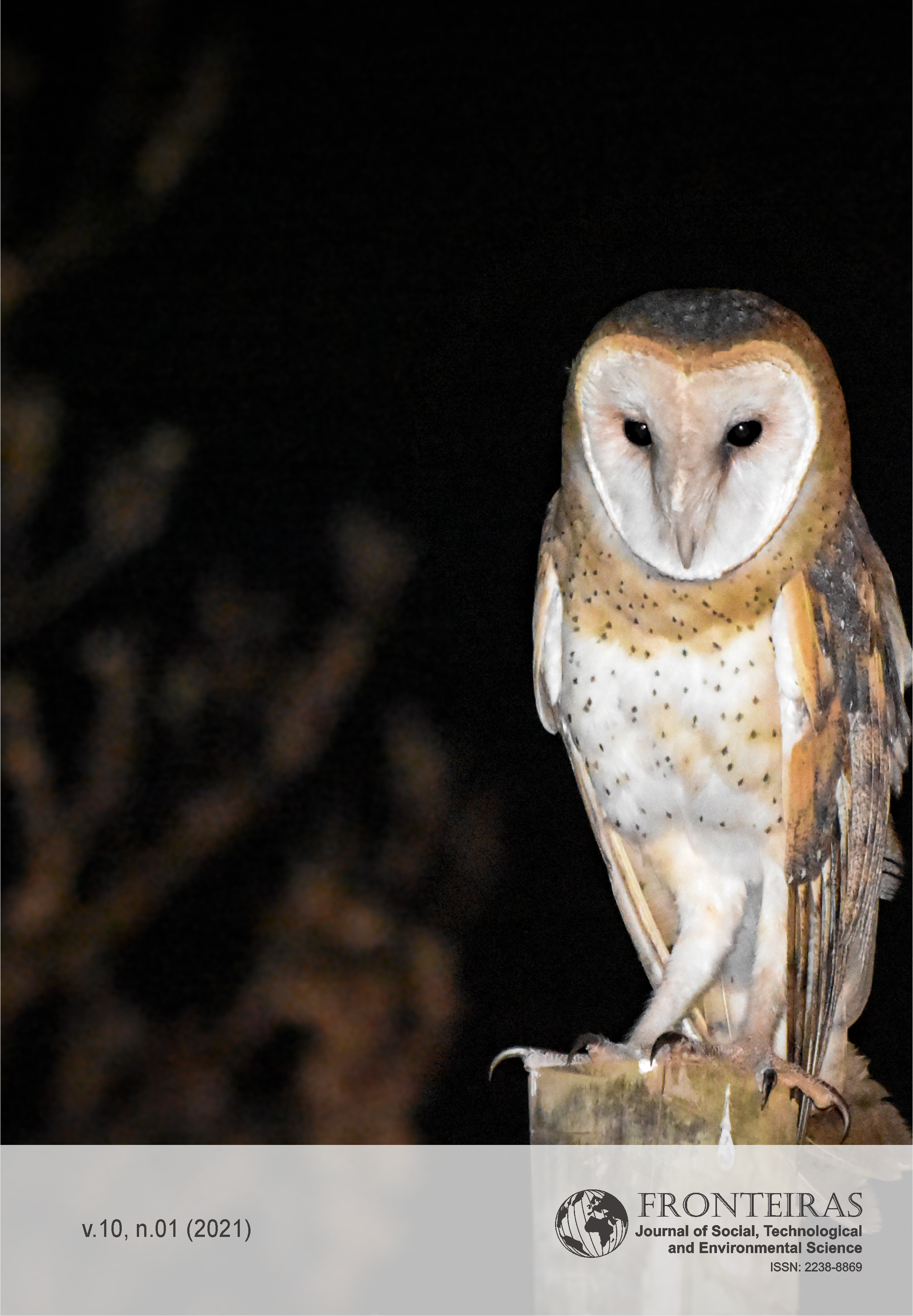Legal Mechanism of Implementing the Concept of Circular Economy in the Post-Soviet Space (in Terms of Russia)
DOI:
https://doi.org/10.21664/2238-8869.2021v10i1.p11-35Palavras-chave:
Circular economy, waste, environment, resourcesResumo
The article deals with the main provisions of the concept of circular economy in the context of political, educational, legal and other transformations without which achievement of the set goals is impossible. The authors pay special attention to analysis of the legal mechanism of achieving the goals and objectives in the area of reducing the volume of waste produced in the country, creating conditions for development of technologies for its treatment and reuse. This requires formation of the new legal category of “environmental entrepreneurshipâ€, along with establishment of the system of incentives, permissions, restrictions and prohibitions aimed at a radical change of the existing model of waste management in legal acts of the system. Development of this legal institution will lead to adjustment of a number of civil agreements, including further development of environmental insurance and environmental audit agreements.
Downloads
Publicado
Como Citar
Edição
Seção
Licença
Esta revista oferece acesso livre imediato ao seu conteúdo, seguindo o princípio de que disponibilizar gratuitamente o conhecimento científico ao público proporciona maior democratização mundial do conhecimento.
A partir da publicação realizada na revista os autores possuem copyright e direitos de publicação de seus artigos sem restrições.
A Revista Fronteiras: Journal of Social, Technological and Environmental Science segue os preceitos legais da licença Creative Commons - Atribuição-NãoComercial 4.0 Internacional. 

